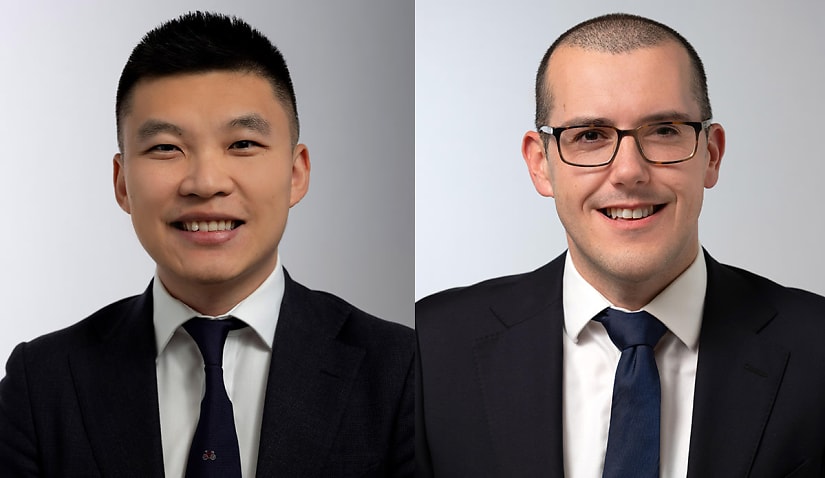The senior recruitment manager of a BigLaw firm discusses what makes a job application catch his eye — and it’s not necessarily the classic model of what many think of as a perfect applicant.

Recently on The Protégé Podcast, host Jerome Doraisamy spoke with Herbert Smith Freehills (HSF) graduate recruitment manager James Keane and senior associate Jason Feng.
“That’s one thing we wanted to clear up — because that’s just not true. It’s a different path to a successful career in law for everyone.”
Mr Keane and Mr Feng put together a guide titled How to Write Better Job Applications to give junior lawyers some actionable tips to “sell themselves better” when applying for jobs.
“I’ve personally reviewed thousands upon thousands of applications,” said Mr Keane. “There are things I’ve seen people do really well, and common mistakes that keep coming through.”
A key thing to note is that “there’s not a single type of perfect applicant”, said Mr Keane.
“We see students make this mistake quite often, assuming that there is, and trying to gear their application towards demonstrating that they are that perfect applicant,” he illuminated.
“They might think that they need to have legal work experience, the best grades, lots of extracurriculars, et cetera, and will spend time trying to demonstrate that at the expense of talking about, say, hospitality experience or other experience that is an actual strength of theirs because they assume it’s not relevant,” explained Mr Keane.
“The truth is that we are hiring for potential, and we don’t expect everyone to have everything right from the bat. We expect people to have different strengths,” he continued. “We’re not going to hire for lack of weakness.
“We are going to want people with different strengths for different teams and different client needs.”
“The best thing you can do as an applicant is to focus on what you do have in terms of strengths, achievements, things that you’ve done that are difficult, things that you’ve done that have put you outside of your comfort zone.
“Talk about those, give contact of how you achieved them, then talk about why it would be relevant for a law firm, and also clients of a law firm,” Mr Keane elaborated.
“Most people would say that the biggest lessons that they’ve learned have been from when they’ve tried something, either achieved something or not quite achieved things and then reflected on that experience and then have grown as a result.
“Giving that context and explaining that to us and then talking about what you’ve learned is fantastic, and that way, we can see what the potential looks like.”
“Coming from an applicant side,” said Mr Feng, it was important to learn that “he’s not looking for one type of applicant. He’s actually hiring for a broad range of teams, a broad range of partners, and each of them [has] different needs for what they’re looking for.
“That was super helpful for even just crafting applications, just knowing who you’re actually writing to.”
“What is your real unique selling point as an applicant? What is uniquely you that you can put out there and make James interested when he reviews these resumés, and don’t sound so cookie cutter and actually sell yourself better?”